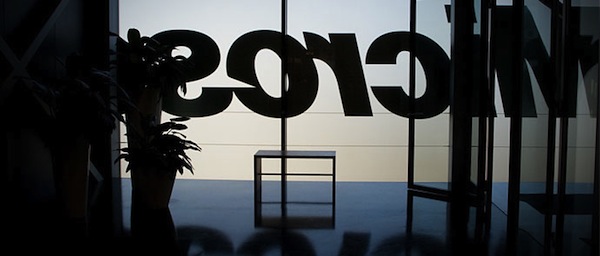
Microsoft reorganization is long overdue
Today, over at all AllThingsD, Kara Swisher reports that a major Microsoft makeover is imminent. Reorganization is bloody well overdue, and timing makes sense. The company's fiscal year closes June 30, and the final quarter is when employees, product groups and future plans are evaluated and rewarded and when internal changes occur.
I strongly expect the new structure to mesh with CEO Steve Ballmer's mandate Microsoft is now a "devices and services" company. His larger challenge is surmountable: Enabling a stronger siloed Microsoft that disables a power structure that resembles "A Game of Thrones" -- too many fiefdoms fighting cross-purposes to the kingdom Bill Gates created. Under the current structure, Ballmer deals with only five kingdoms, rather than book and HBO series' seven.

Tablets dance over PC's grave
Few are those who still profess a bright future for PCs and, starting today, even fewer will. According to IDC's latest forecast, in 2013 the PC market is expected to take another dive with shipments dropping by 7.8 percent. This is triggered by a shift in computing needs as users look for more versatility and less raw power.
"As the market develops, usage patterns and devices are evolving", says IDC program vice president Loren Loverde. "Many users are realizing that everyday computing, such as accessing the Web, connecting to social media, sending emails, as well as using a variety of apps, doesn't require a lot of computing power or local storage". Naysayers, it's time to face the music -- the average user can get away with a tablet or smartphone to get the job done.
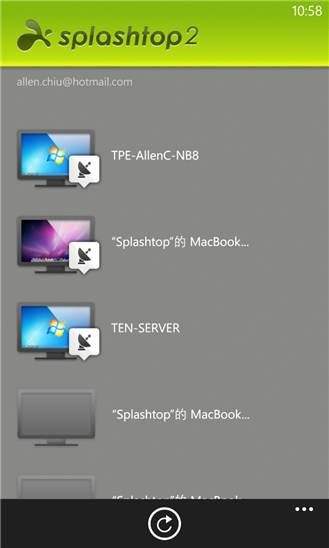
Remotely access your PC with Splashtop 2 for Windows Phone 8
Remote control apps are increasingly versatile, allowing smartphone and tablet users to access and manage computers from the workplace, a holiday resort or the couch in my case. For Windows Phone 8 users the most popular choice is PC Remote but, late-yesterday, another app hit the Store.
"Many Windows Phone users have asked for Splashtop", says Splashtop CEO Mark Lee. "We are excited to partner with Nokia and Microsoft to optimize and deliver the best-in-class Splashtop experience for Windows Phone 8". The app allows folks to remotely access Linux, OS X and Windows-based computers straight from the tiled operating system. Let's take a look at the features.
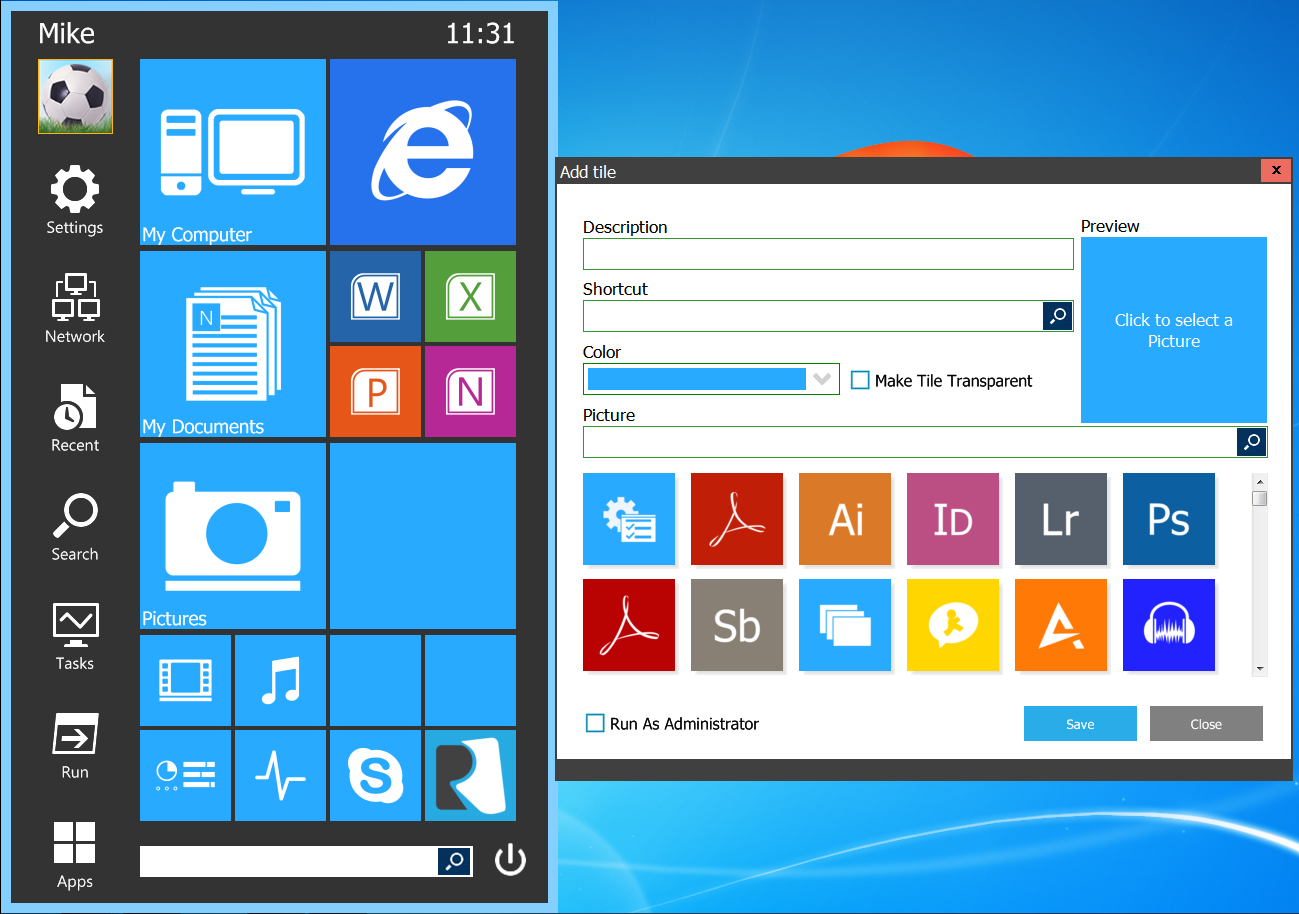
Add a Modern UI-style Start menu to Windows 7 or 8
Microsoft’s decision to drop the Start menu in Windows 8 has caused plenty of controversy, but fortunately it’s made little difference to the end user. Developers quickly realized that many people really don’t like the new interface at all, and they’ve produced a host of free tools to help make Windows 8 look and feel as much like Windows 7 as possible.
Start Menu Reviver, though, has a different aim. Instead of ignoring Microsoft’s Modern UI, it adapts it, with configurable tiles rather than text links. There’s good integration with Windows 8, including the ability to launch Start Screen apps from your desktop. But at the same time, it’s not tied to Windows 8 systems: if you like the look, you can install and run the program on Windows 7, too.

Windows Azure SDK 2.0 for .NET is now available
Microsoft is on an update streak with Windows Azure, introducing significant new features at a steady pace. For the past couple of months we have witnessed an overwhelming number of changes meant to improve the company's cloud platform, including the Iaas (Infrastructure as a Service) support announced two weeks ago.
Microsoft's latest move in this never-ending chess game with its rivals is the Windows Azure SDK (Software Development Kit) 2.0 for .NET which now features improvements for websites, cloud services, storage, service bus and PowerShell automation. Let's take a look at what's new.

Microsoft Windows sales are so good, they're scary
The "Microsoft's dead" meme is one of the most popular among tech bloggers and arm-chair pundit commenters. Posts are everywhere the last 30 days or so, fed this month by reports of record-weak PC shipments. After market close yesterday, with fiscal Q3 results, Microsoft proved critics wrong and showed just how much strength remains in the Windows franchise. More significantly, a dramatic change is underway, regarding which buyers generate more revenues.
IDC says that PC shipments fell 13.9 percent during calendar first quarter (Microsoft's fiscal third), and there was reasonable expectation Windows license sales would see similar fall off. Instead, when removing a one-time $1.085 billion deferral, Windows & Windows Live division revenue was flat ($4.62 billion) year over year. Given the sorry state of the PC market, flat isn't just good but great.

Microsoft Q3 2013 by the numbers: $20.49B revenue, 72 cents EPS
Today, after the closing bell, Microsoft revealed what might be the closest-watched quarterly results in 11 years. Fiscal third quarter, like the one in 2002, marks a time of record-low PC shipments, with blame falling on the newest operating system. In recent weeks, every idiot arm-chair pundit imaginable has taken to the web to proclaim Windows 8 a failure and prophesying Microsoft's doom. Not so fast. This company is still a money machine.
For fiscal Q3, ended March 31, Microsoft revenue reached $20.49 billion. Operating income: $7.61 billion and net income was $6.06 billion, or 72 cents a share.

Windows Blue leaks (again) -- build 9369 arrives with new features
Little over three weeks after the first Windows Blue leak, another build makes its way onto the interwebs. Windows Blue build 9369 is now available (we will not tell you where, but you can easily find it). But are you really surprised? Every time there's a new version of Windows in development a leaked build somehow surfaces in the darker corners of the Internet. We can almost say that it's tradition and just a matter of time before the next one arrives.
Unlike the previous leak, Windows Blue build 9369 is only available in a 64 bit trim as far as I can tell and, depending on who is behind the leak, comes in at around 3.2 GB or 3.6 GB. There are also no telltale signs that Microsoft will name Windows Blue as Windows 8.1 further down the road, as was previously rumored. What we know, based on actual sources, is that the final name is not Windows Blue.

Microsoft announces general availability of IaaS support for Windows Azure
Microsoft has announced the general availability of Infrastructure as a Service (IaaS) support for Windows Azure. The software giant also unveiled a couple of new features for IaaS meant to beef up the company's cloud platform. Timing is interesting --Amazon's AWS (Amazon Web Services) Summit kicks off in New York tomorrow.
Windows Azure's IaaS support introduces the Virtual Machine and Virtual Network features, and "is now live in production, backed by an enterprise SLA, supported by Microsoft Support, and is ready to use for production apps", according to Microsoft's Scott Guthrie.
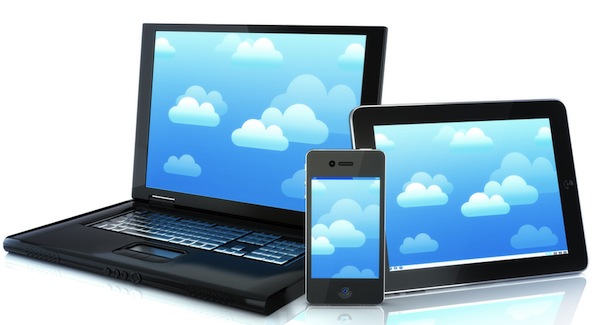
Wishing Windows well in its new role
"The era of PC dominance with Windows as the single platform will be replaced with a post-PC era where Windows is one of a variety of environments that IT will need to support", Van Baker, Gartner research vice president, says. The days of Windows as the applications and device hub are over.
The implications are huge for businesses, which must adapt to something else, too. While native mobile apps are all the rage today, their future is uncertain. Gartner forecasts that by 2016, more than half of those deployed will be hybrid, and that's good for any platform favoring HTML5, including Windows.
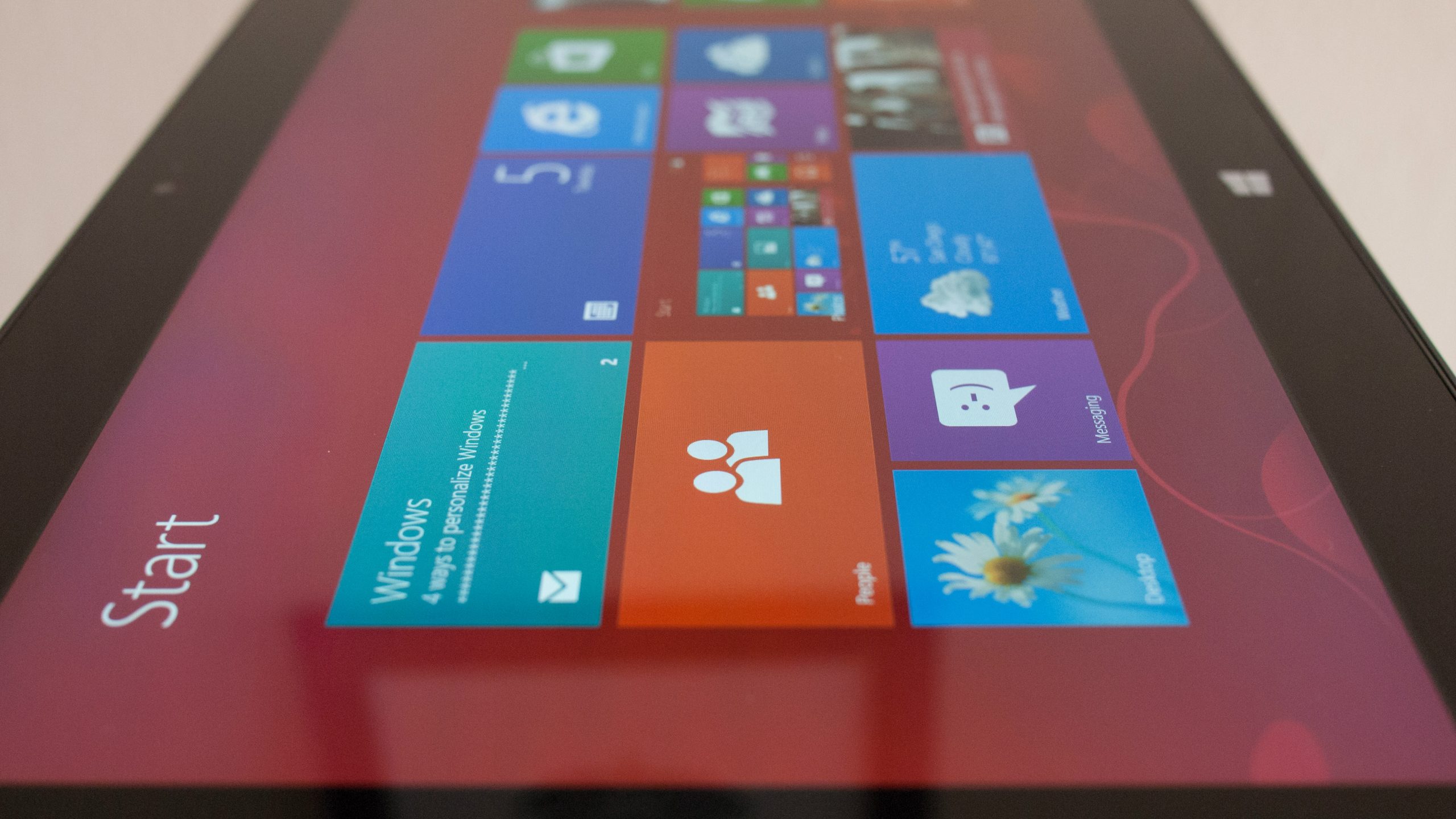
Windows 8 is the new XP
Microsoft's newest and oldest supported PC operating systems share some strange similarities. Windows 8 and XP launched during times of tepid computer sales, forecasts of low adoption and initially weak sales. Neither lifted PC shipments during the launch quarter. Yet the older software went on to be such a workhorse, as much as 40 percent of the install base clings to the OS -- nearly 12 years after launch. That's the future I see. Windows 8 isn't the new Vista, as so many pundits proclaim, but the new XP.
I am quite vocal about the changing of computer eras, a position taken up before Apple started selling iPhone in early summer 2007. But the change is a process gradual at first that accelerates over time. In the case of Windows or the typical personal computer set against cloud-connected devices there can be redefinition, and, with it, renewed relevance. No one should underestimate Microsoft or ignore the past when evaluating present trends. The PC and Windows died before and resurrected.

Does Patch Tuesday make your Windows 7 computer endlessly reboot?
For the most part Microsoft's Windows updates, known as Patch Tuesday, aim to fix problems as opposed to causing them. That is not always the case, and the most recent update, which took place this week, is a shining example of what happens when good intentions go bad.
On April 9th Microsoft released two "critical" security updates and seven others rated as "important" for both Windows and Internet Explorer as part of its latest round of updates, collectively covering 14 issues. However one of those fixes, labeled KB2823324 and aimed at the Windows 7 file system kernel-mode driver, went badly for some customers. The result was reports of blue screens of death (BSOD) and also infinite reboots.
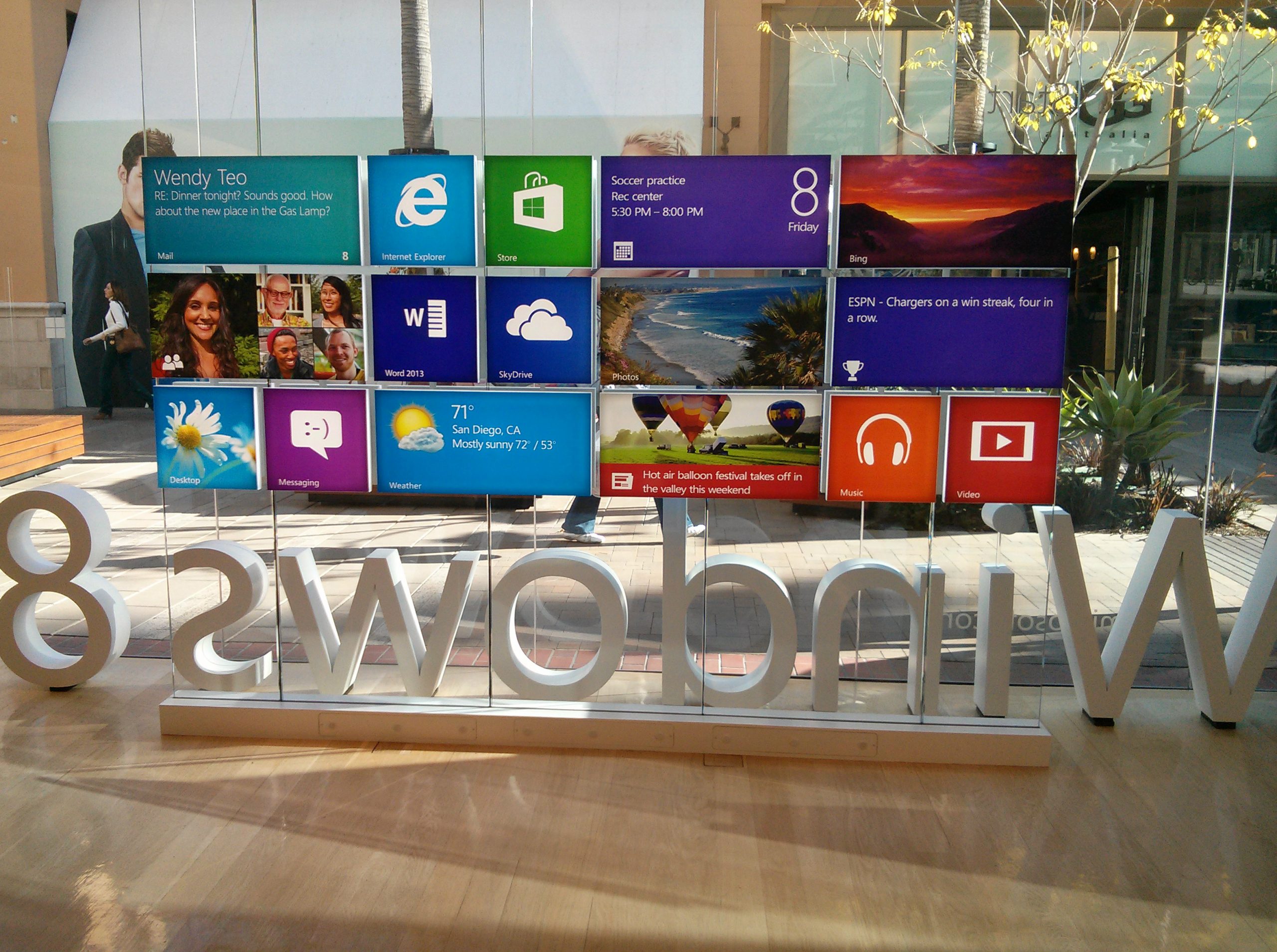
Don't blame Windows 8 for weak PC shipments
Well, well, perhaps Windows 8 isn't cause for all the PC market's woes, as IDC strongly stated yesterday. Gartner's first-quarter assessment is grim but no reaper. The analyst firm lays blame partly on consumers unwillingness to pay more for touchscreen models and asserts that the business market actually grows. Also, the firms released contradictory data, with Apple showing glaring and shocking differences.
Mikako Kitagawa, Gartner principal analyst, doesn't blame Windows 8: "Consumers are migrating content consumption from PCs to other connected devices, such as tablets and smartphones". The first factor pulling down PC shipments, which by Gartner estimates fell 11.2 percent globally during Q1, is tablet competition, then. Not Windows 8.

Microsoft beats Windows XP users into submission
What shameless exploitation. I know PC sales are slow, with Windows 8 giving no lift. So Microsoft resorts to this? Today, Stephen Rose issues an ultimatum: Windows XP support ends in 365 days. From April 8, 2014, there will be no more patches and updates for you.
How outrageous! Microsoft cuts off XP users thirteen-and-a-half years after releasing the operating system. My leather jacket is older, and the clothier who made it isn't forcing me to buy a new one. Nor does Texas Instruments demand I upgrade from the calculator purchased in college. If users want to run Windows XP forever, Microsoft should let them. Instead, it's compute at their own risks or upgrade.
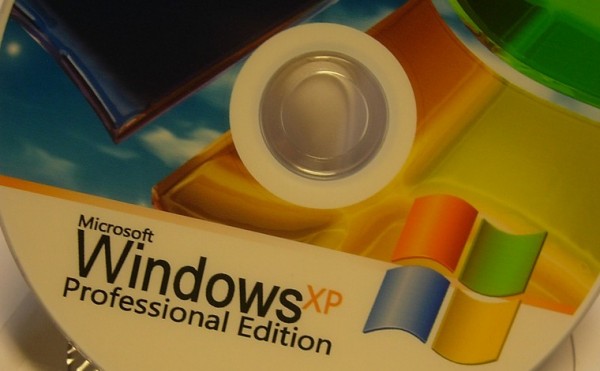
Support for Windows XP ends a year from now, should you care?
In exactly 365 days Microsoft will stop offering support for its still widely used but venerable operating system. XP has certainly had a good run. Microsoft will have supported the OS for 12 years, which shows how incredibly popular it was (its success also perhaps speaks volumes about how much better than its successors it was perceived to be, I’m looking at you in particular Vista).
But now Microsoft is dropping extended support for XP, so what does that actually mean for consumers and businesses who are still using the OS?
